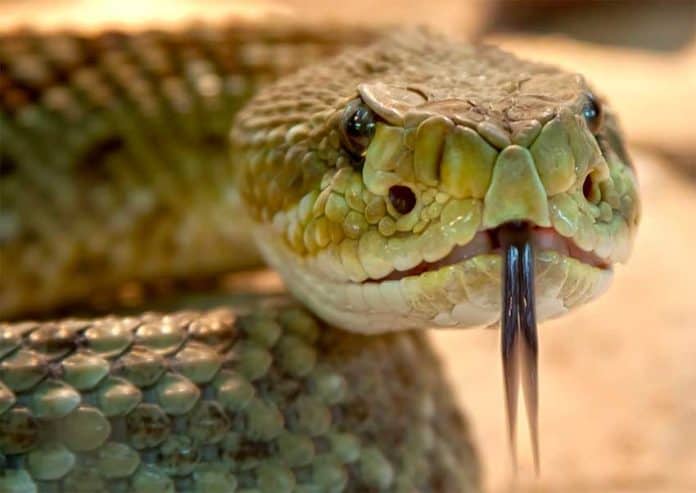Researchers from the National Autonomous University (UNAM) have developed an antivenom that is effective for the bites of snakes in Mexico, South America, Europe, Asia and the Middle East.
Guillermo de la Rosa Hernández and a team of specialists at the Institute of Biotechnology at a UNAM campus in Morelos has created an antidote that traps neurotoxins present in snake venom.
The venom is a mixture of many toxins, explained the scientist, but only some are considered lethal. Thus, some antivenoms are not always as effective when treating bites from different snake species, and very high doses are usually required for them to work.
Once a venom is injected it causes paralysis of the victim’s muscles, including key respiratory muscles, which can lead to respiratory arrest and death.
The team led by de la Rosa designed a molecule capable of trapping these lethal toxins.
It has since been tested with successful results on various snake venoms, including the South American aquatic coral snake, the African cobras and mambas and the Asian spectacled cobra.
UNAM has patented de la Rosa’s antivenom and is set to collaborate with pharmaceutical laboratories in its commercial production.
De la Rosa’s antivenom research earned him the 2018 Rosenkranz Biotechnology Prize, awarded by the Mexican Foundation for Health and Roche Laboratories.
According to the World Health Organization, snake bites are a problem often neglected in tropical and subtropical countries. Estimates are that 5.4 million people are bitten every year, leading to between 81,000 and 137,000 deaths and about three times that number of amputations and other permanent disabilities.
Source: Milenio (sp)
